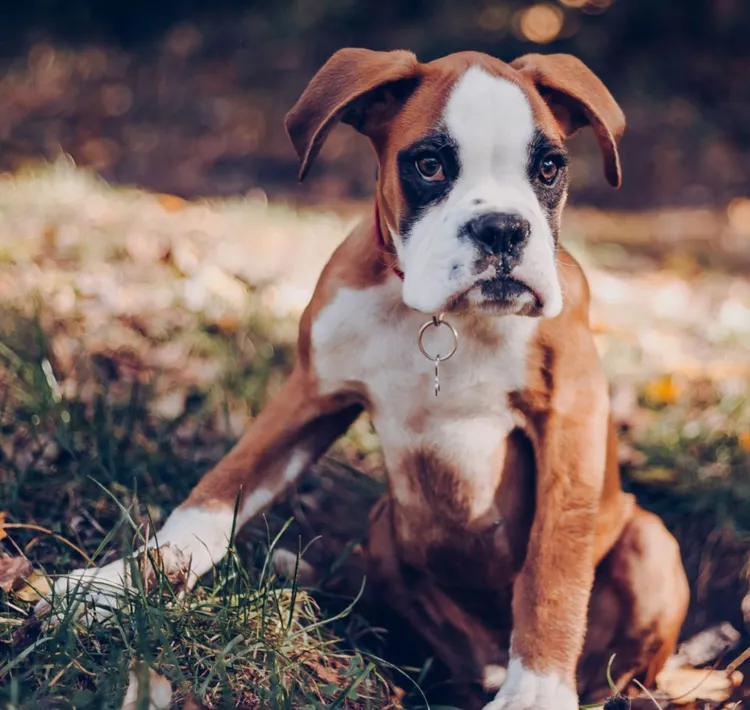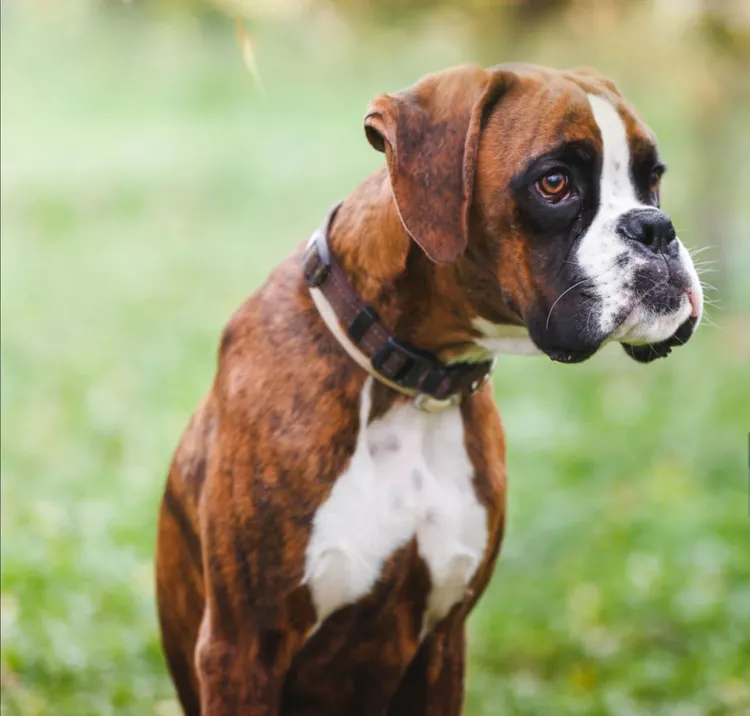With their athletic build, expressive eyes, and boundless energy, European Boxer dogs have captured the hearts of dog lovers worldwide. These dogs are as charming as they are spirited, known for their loyalty, intelligence, and love for play. But before you welcome a Boxer into your home, it’s essential to understand their unique needs, personality, and whether they’re the right fit for your family and lifestyle. In this guide, we’ll explore the European Boxer’s history, personality, health, training, and eco-friendly care tips to help you make an informed decision.
A Brief History of the European Boxer Dog
The European Boxer’s journey dates back to 19th-century Germany, where the breed was developed by crossing the now-extinct Bullenbeisser with Mastiff-type dogs. Initially bred as a hunting and working dog, the Boxer’s athleticism and intelligence made it an ideal choice for tracking, holding down large game, and assisting in various work roles. Over time, the Boxer became beloved not only for its physical capabilities but also for its affectionate and loyal nature, establishing itself as a family companion and protector.
European vs. American Boxer
Though both European and American Boxers share the same roots, the European Boxer typically has a more muscular build, broader head, and a slightly shorter snout, distinguishing it from its American counterpart. European Boxers often display a more intense temperament, showing stronger protective instincts and loyalty to their family.
Temperament and Personality
European Boxers are known for their dynamic personalities, balancing playfulness with loyalty. Here are some key traits that make them unique:
1. Playful and Energetic
European Boxers thrive on play and exercise, making them ideal for active households. Their high energy levels mean they love interactive play, whether it’s fetch, running, or a fun hike. This playful demeanor extends to their interactions with family, as they’re often called “eternal puppies” due to their love of play well into adulthood.
2. Loyal and Protective
European Boxers are fiercely loyal, forming deep bonds with their families and, at times, exhibiting a strong protective nature. This makes them excellent watchdogs and protective companions. Their loyalty, however, means they crave companionship and may develop separation anxiety if left alone for long periods.
3. Intelligent and Trainable
With the right training, European Boxers excel in learning commands and can master complex behaviors. Positive reinforcement works best with them, especially when it involves treats or a favorite toy. Their intelligence, combined with a need for physical and mental stimulation, means they thrive in environments where they’re engaged and challenged.
Health Considerations
While European Boxers are generally robust, they are prone to certain health issues, so regular veterinary care is crucial.

1. Hip Dysplasia
Hip dysplasia is a common joint issue in Boxers, leading to discomfort and mobility problems as they age. Regular vet checkups and joint supplements can help manage symptoms.
2. Heart Conditions
European Boxers are prone to heart issues such as aortic stenosis and cardiomyopathy. Annual vet visits and heart screenings can help detect and manage these issues early.
3. Allergies
Boxers are prone to environmental and food allergies, which can cause skin irritations and digestive issues. If allergies become apparent, consider hypoallergenic food options and eco-friendly grooming products that are free from harsh chemicals.
Eco-Friendly Health Tips
- Opt for organic, eco-conscious supplements for joint and heart health.
- Use chemical-free grooming products to avoid triggering skin allergies.
- Choose eco-friendly, biodegradable waste bags during walks to minimize environmental impact.
Training and Socialization
Boxers are highly intelligent and respond well to training, particularly when it’s consistent and positive. Early socialization is essential to avoid potential behavioral problems, especially given their protective nature.
Training Tips for Success
- Consistency is Key: Boxers respond well to consistency. Set clear rules and boundaries early on to establish a routine they can rely on.
- Positive Reinforcement: Reward-based training works wonders with Boxers. Use eco-conscious, natural dog treats to reinforce good behavior.
- Socialization: Early socialization with other dogs, animals, and various environments helps them become well-rounded pets. Exposure to different situations will prevent them from becoming overly wary or protective.
- Eco-Friendly Training Tools: Choose sustainable, non-toxic toys for training and biodegradable poop bags for walks. This aligns with eco-conscious care and provides safe interaction for your pet.
Nutrition and Exercise Needs
European Boxers are active dogs with high energy demands, so they need a balanced, protein-rich diet to stay healthy.
Nutritional Needs
A diet rich in protein and healthy fats supports their muscular build and high activity levels. Look for food options with whole-food ingredients, including high-quality meat and vegetables. Avoid artificial additives, fillers, and processed ingredients that could cause digestive problems.
- Eco-Friendly Food Choices: Select sustainable dog food brands that use ethically sourced ingredients. Many companies now offer organic, grain-free options in recyclable or compostable packaging.
Exercise Requirements
European Boxers need at least an hour of physical activity daily, combining vigorous exercise and mental stimulation to keep them content and prevent boredom.
- Sustainable Exercise Options: Outdoor activities like hiking, running, or interactive play sessions are great ways to keep Boxers fit. Opt for eco-friendly play gear, such as toys made from recycled materials or natural fibers.
Is a European Boxer Dog Right for You?
European Boxers are perfect for active individuals, families, or those who enjoy spending time outdoors. Their loyalty and protective nature make them excellent companions for families with children, though it’s important to teach young kids how to interact with a dog respectfully.

Pros:
- Active Lifestyle: They’re ideal for owners who love outdoor activities.
- Protective Instincts: Boxers are loyal protectors and excellent watchdogs.
- Affectionate Nature: These dogs form strong bonds with their families and provide plenty of affection.
Cons:
- High Energy: Their energy needs may be overwhelming for those who prefer a low-key lifestyle.
- Attention Needs: Boxers can develop separation anxiety if left alone for extended periods.
- Medical Costs: Potential health concerns like hip dysplasia or heart issues may require ongoing care.
European Boxers bring a lively, affectionate energy to any household, making them ideal for active families or individuals who enjoy the outdoors. While they do require attention, exercise, and training, the rewards are immense. By using eco-friendly care products, training methods, and sustainable food options, you’ll be taking steps to care for both your Boxer and the environment.
If you’re ready for a loyal, playful, and protective companion, the European Boxer dog might just be your perfect match. With the right care, training, and eco-conscious lifestyle, your new best friend will thrive by your side.



